When Is Diwali In 2020?: History, Significance, And Importance Of Deepavali
Here are all the things you need to know about the auspicious and most cherished festival of India Diwali 2020.
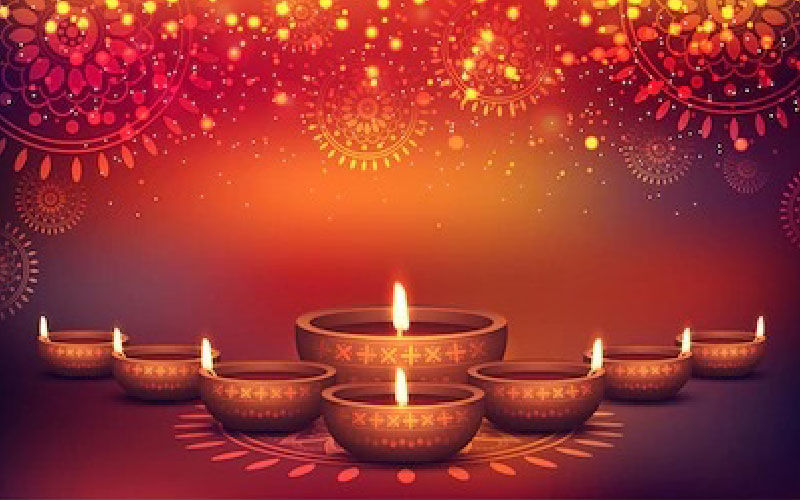
It's that time of the year when the whole of India will be shining with the bright light and auspiciousness of diyas and lanterns everywhere. Yes, it's Diwali!
The festival of Diwali or the Festival of Light is a major cultural event celebrated all over India, during the Hindi Lunisolar month Kartika. These five days festival has various significance and is usually celebrated with Dhanteras as the first day. On the auspicious occasion of Diwali, people buy new things, renovate and clean their home, wear new dresses on each day of Diwali, and greet their loved ones with gifts and love. People decorate their homes with lights, lanterns, and rangolis, they also prepare special food for the occasion of Diwali. Children crack fireworks and play games on the days of Diwali. The atmosphere is filled with positivity, light, and joy during the five days of Diwali.
This year Diwali will start on the 14th of November on Dhanteras. People celebrate Diwali as the victory of light over darkness, good over evil, etc. But there's more to it to the history and significance of Diwali.
History of Diwali:
There are various aspects of Diwali. First of all, the festival of Diwali started as a fusion of harvest festivals in the autumn season. But there are many legends associated with Diwali in various regions of India. Many historians and Kings have mentioned this festival in their writings.
The diyas of Diwali is mentioned in the Sanskrit Skanda Purana as the representation of the sun which gives light and provides life and energy for every organism.
In the 7th century, King Harsha referred to Deepavali as the Dipapratipadotsava. Which relates to lighting the lamps on the first day of Diwali. He also mentioned that on this auspicious day newly engaged bride and groom received gifts.
Diwali was also described by many travelers from out of India. One of them was the Persian traveler and historian Al Biruni mentioned Diwali as the festival being celebrated by Hindus on the new moon in the month of Kartika. Like this many historians have mentioned this festival in their writings.
Significance of Diwali:
Diwali has various significance according to the different legends in different parts of the country. Primarily Diwali is a five days festival. But it is not known to many people that the first day of Diwali is Vasu Baras and not Dhanteras. On the day of Vasu Baras, people worship cows.
From many of the significance of Diwali, some depict Diwali being the day of the return of Lord Rama from his 14 years of exile after defeating evil King Ravana. Some people consider it as the day Lord Krishna defeated the evil demon Narakasura and freed 16000 girls who were held captive by him. Some people from the Eastern part of India, celebrate Diwali as the victory of Goddess Kali who symbolizes good over evil.
But most people worship Goddess Laxmi during Diwali because she is considered the Goddess of prosperity, auspiciousness, and good wealth. She blesses people with success and wealth. Thus, people buy new things and start something new on this auspicious day. People also consider the first day of Diwali as the birth of Goddess Laxmi.
Image Source:Freepik
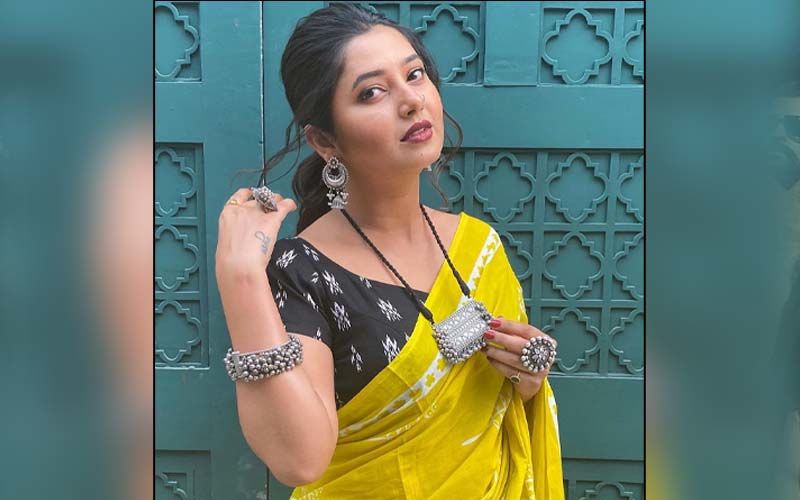
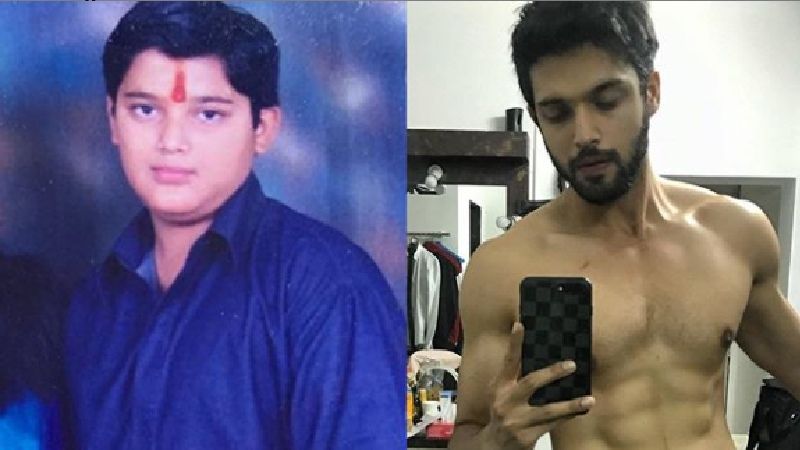
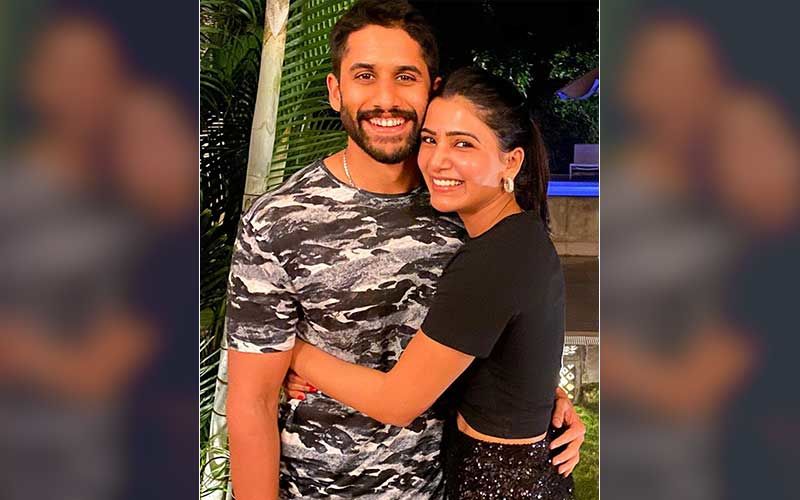
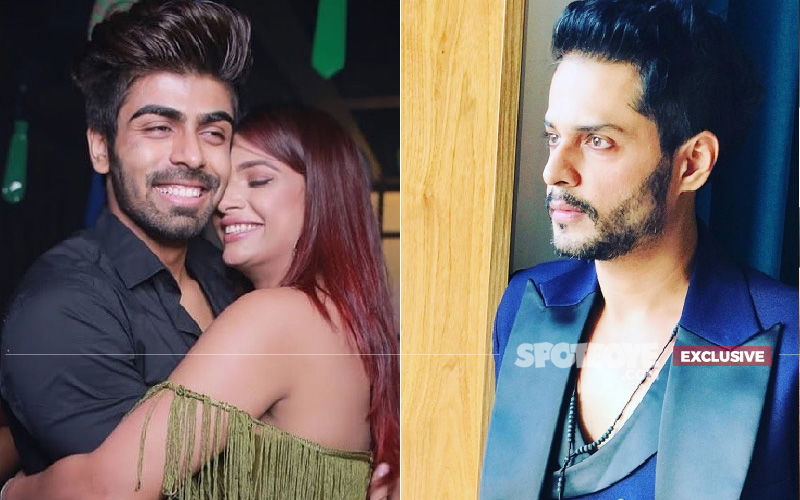
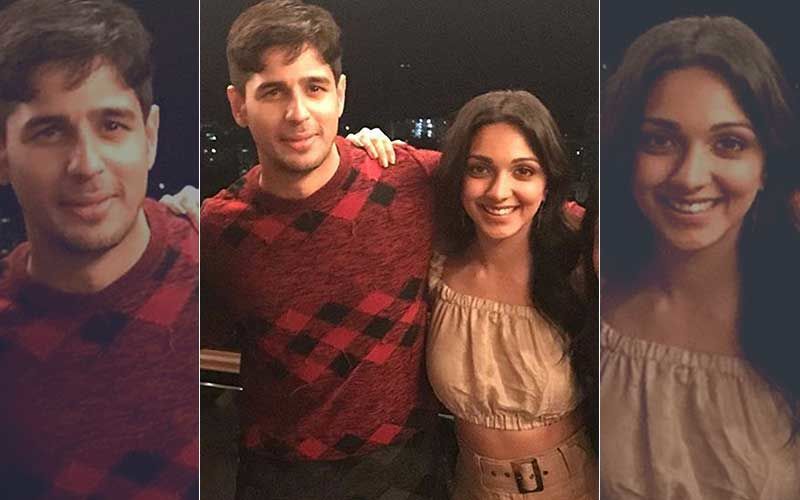
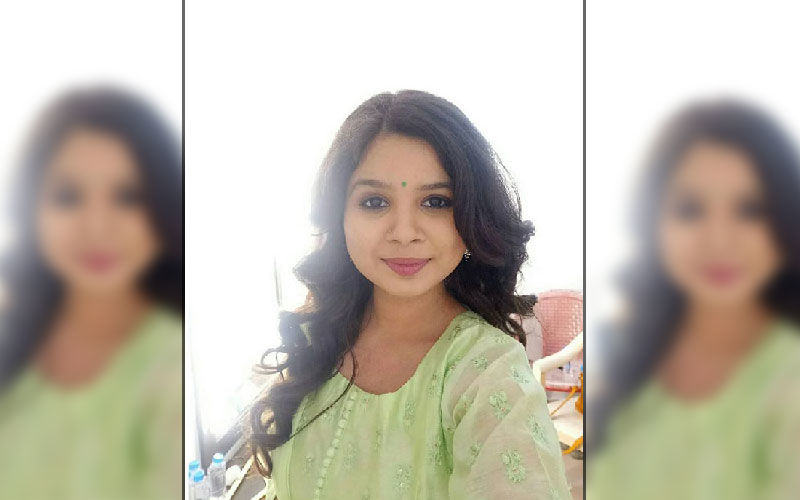
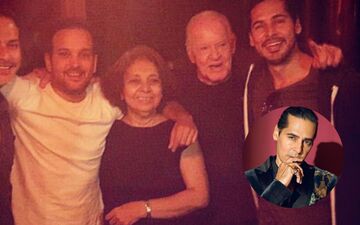
_2024-12-18-6-32-38_thumbnail_2025-12-18-11-42-19_small.jpg)